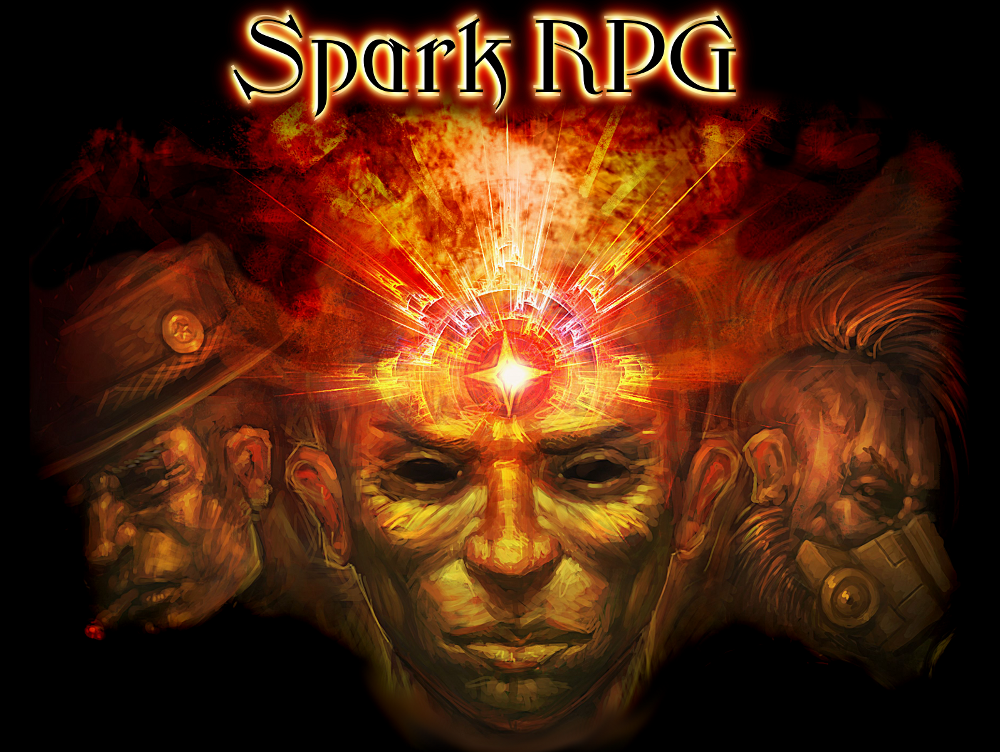I am a fan of Fate and the Dresden files RPG system in specific. That said, I have noticed that there are some rough spots in the magic system from my perspective. I found that the absolute dependence on the three existing magic skills was less than idea. This post consists of my little hack to the magic system to meet my personal preferences, in hopes that it broadens the discussion. I would love your comments and thoughts!
Changes to Powers
Evocation (-2) (Wizard Requirement)
Evocation: You’re able to use evocation in all of its forms, as described on page 249. You gain five new skills, rated at Mediocre (+0), representing the different types of evocations that you are capable of performing. These skills are typically Fire, Air, Water, Earth, and Spirit/Force, for those trained in the classical western tradition. Underline these skills on the character sheet to keep track of them.
Specialization: Gain 5 Evocation Skill-points, which can only be spent on increasing your Evocation skills.
Thaumaturgy (-2) (Wizard Requirement)
Evocation: You’re able to use Thaumaturgy in all of its forms, as described on page 261. You gain five new skills, rated at Mediocre (+0), representing the different types of thaumaturgical spells that you are capable of performing. These skills are typically Summoning and Binding, Conjuration, Divination, Veils, and Wards. Underline these skills on the character sheet to keep track of them.
Crafting: You can craft Items and Potions, which you may possess by purchasing the Focus Item, Enchanted Item or Potion
Specialization: Gain 5 Thaumaturgy Skill-points, which can only be spent on increasing your Thaumaturgy skills.
Refinement (-1) (Wizard Requirement)
Gain 5 skill points which may only be spent to increase your Evocation or Thaumaturgy skills.
Focus Items (-1) (Wizard Requirement)
A focus is simple. Whenever you cast a spell with the appropriate focus for the appropriate skill, you gain a free aspect of “Focussed” for that spell, including a free tag.
Enchanted Items (-1)
You gain 4 Enchanted Item slots.
Potions (-1) as normal
Channeling (-2)
Pick a specific thematic specialization of Magic. You can cast Evocations with your Conviction, within the limits of that thematic specialization.
Ritual (-2)
Pick a very specific Thematic area of magic. You can cast Thaumaturgy with your Discipline, within the limits of that thematic specialization.
Sponsored Magic (-1)
Gain the Channelling and Ritual rules, at no cost but incurring 1 Sponsor Debt with each casting.
Casting Evocations:
Follow all the normal procedures for steps 1,2 and 3.
Roll your appropriate Thaumaturgy Skill to control the power. You can apply aspects to this roll, including the free invoke of the “Focussed” aspect if you have a relevant focus item.
If you fall short, you will succeed but you will have to pay a price. Count the number of shifts that you are missing. Those will strike you as backlash, unless you can mitigate enough of them by….
- Drawing on power outside yourself, taking on Sponsor Debt from other willing creatures or things beyond reality in exchange for two shifts.
- You can cause fallout and damage the environment for two shifts.
Anything left over deals physical stress damage to you.
Rote spells work as normal.
Casting Thaumaturgy:
Follow all the normal procedures, except that your maximum number of shifts per roll is determined by your Discipline instead.
Roll your appropriate Thaumaturgy Skill to control the power. You can apply aspects to this roll, including the free invoke of the “Focussed” aspect if you have a relevant focus item.
If you fail any individual roll, the spell fails entirely and there is a price. Count the number of shifts that you have accumulated so far. Those will strike you as backlash, unless you can mitigate enough of them by….
- Drawing on power outside yourself by taking on Sponsor Debt from other willing creatures or things beyond reality. In exchange, you reduce the backlash by 2.
- Sacrificing unwilling inhuman creatures during the casting, reducing the backlash by 2. Sacrifice of a more powerful creatures may further reduce the backlash.
- Deliberately sacrificing humans will reduce the backlash by 4. Enjoy your new title as “Lawbreaker of the First Law”.
- Drawing from objects that store power to reduce the backlash by 2.
- Causing fallout and damage the environment to reduce the backlash by 2.
Anything left over deals physical stress damage to you.

